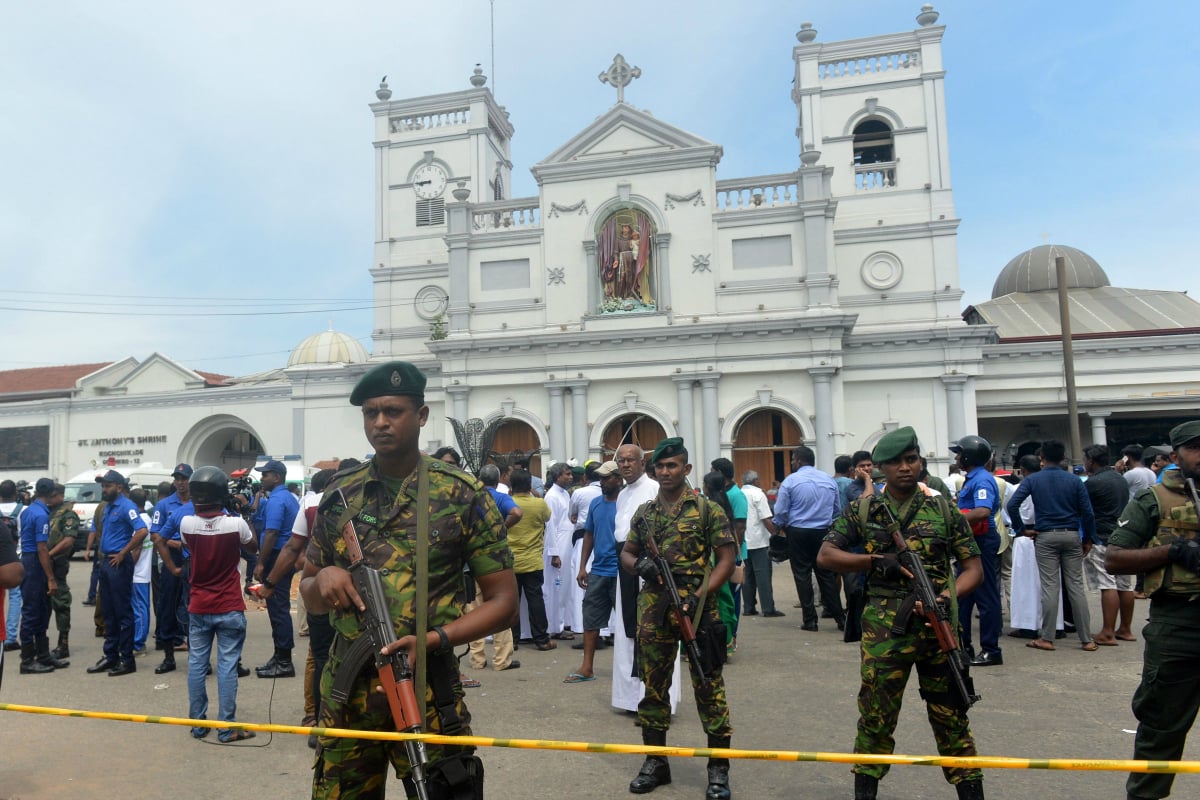
Easter Day bomb blasts at three Sri Lankan churches and three luxury hotels have killed 138 people and wounded more than 400 after a lull in major attacks since the end of the civil war 10 years ago.
The Easter Sunday bombings occurred around 8.45am local time, according to Sri Lanka’s hospital spokesman.
A security official says they suspect the blasts at two churches were carried out by suicide bombers.
In just one church, St Sebastian’s in Katuwapitiya, north of Colombo, more than 50 people had been killed, a police official told Reuters, with pictures showing bodies on the ground, blood on the pews and a destroyed roof.
Media reported 25 people were also killed in an attack on a church in Batticaloa in Eastern Province.
The three hotels hit were the Shangri-La Colombo, Kingsbury Hotel and Cinnamon Grand Colombo. It was unclear whether there were any casualties in the hotels.
Nine foreigners were among the dead, officials said.
There were no immediate claims of responsibility for the attacks in a country which was at war for decades with Tamil separatists until 2009 during which bomb blasts in the capital were common.
Prime Minister Ranil Wickremesinghe called a national security council meeting at his home for later in the day.
